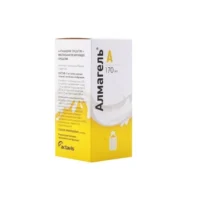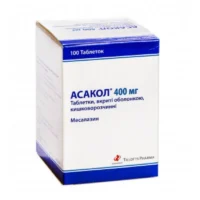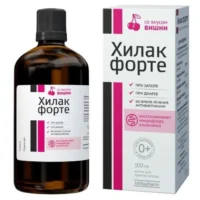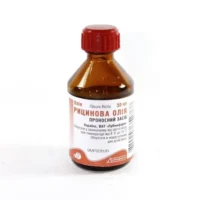Description
Rinit (Ranitidine) Coated Tablets 150 mg. №100
Ingredients:
- Each coated tablet contains 150 mg of ranitidine.
Dosage:
- The recommended dosage is one 150 mg coated tablet taken orally twice daily.
Indications:
- Rinit (ranitidine) is indicated for the treatment of ulcers, gastroesophageal reflux disease (GERD), and conditions where reduction of stomach acid is necessary.
Contraindications:
- Do not use Rinit (ranitidine) if you are allergic to ranitidine or similar medications.
Directions:
- Take Rinit (ranitidine) as directed by your healthcare provider. Swallow the tablet whole with water, do not crush or chew.
Scientific Evidence:
Ranitidine, the active ingredient in Rinit tablets, works by reducing the production of stomach acid. Studies have shown that ranitidine is effective in treating ulcers and GERD by decreasing the amount of acid produced in the stomach.
Additional Information:
- Rinit (ranitidine) coated tablets provide long-lasting relief from acid-related conditions.
- It is important to follow the prescribed dosage and not exceed the recommended amount to avoid potential side effects.





